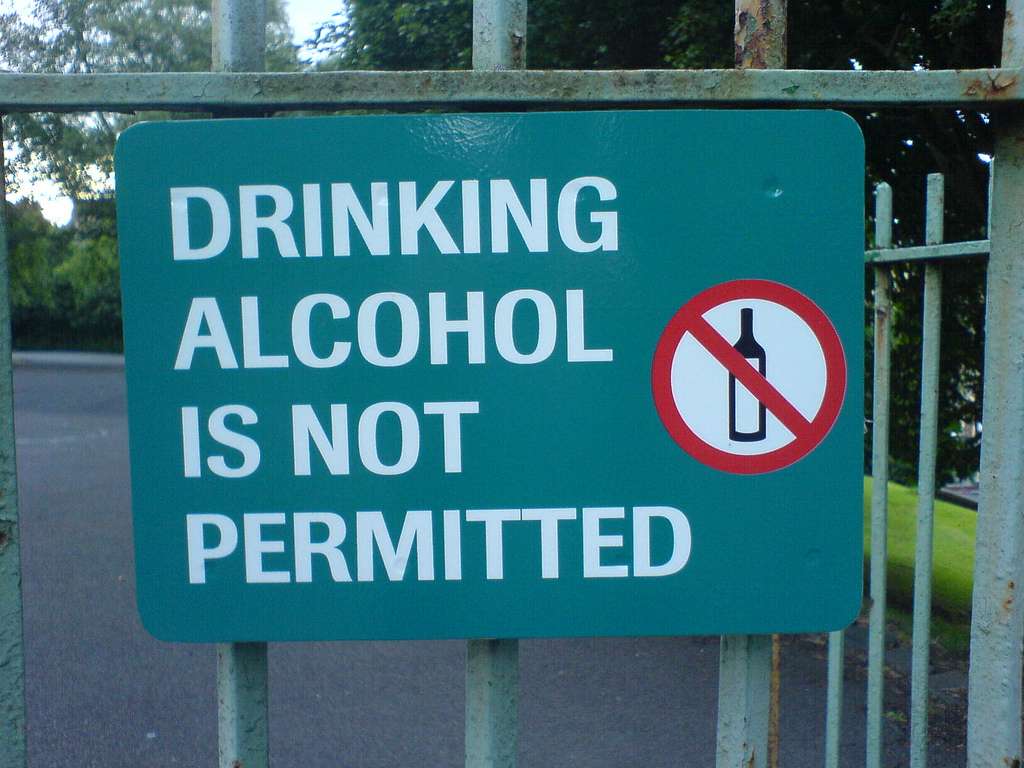

Liquor Ban Dilution: A Face Saving Exercise
The Supreme Court has done well to dilute its earlier order putting a blanket ban on liquor shops and bars within 500 metres on highways by exempting such businesses that lie within municipal limits, provided the highway stretches passing through municipal limits are de-notified and cease to be highways, thereby losing the perks associated with being one.By Sunil Garodia
First publised on 2017-07-14 06:12:21
The earlier blanket ban order was passed without the court weighing all related issues and failing to prescribe rules that left loopholes that unscrupulous businessmen exploited to beat the ban. For instance, the court was aware that large stretches of highways passed through municipal limits. These stretches were prime real estate and a large number of luxury hotels were located on them in almost all cities and towns in India. These hotels had made enormous investments and were largely dependent on liquor to drive their F&B sales, which comprised a good percentage of their overall sales. Their patrons were mostly local residents and in-house guests and not those who drove past. Hence, it was highly unfair to put a ban on sale and consumption of liquor in these hotels. The initial order should have exempted these stretches with the same proviso that is now been ordered.
Further, by saying "within 500 metres" but not strictly prescribing how the distance was to be measured, the court left a loophole that was exploited by imaginative bar-owners bent on not losing custom. They created a maze of walkways on their entrance that made people walk for over 500 metres before they reached the bar counter, although the eatery was located right on the highway. That also made a mockery of the ban order. The court should prescribe rules to prevent this for effective implementation of the order.
If the real reason for the order is to prevent drunk driving and hence accidents on highways, one feels that the court has taken a wrong stand. For those who want to drink, 500 metres is not much of a distance to quench their thirst for alcohol, more so when they have wheels at their command. Drunk driving can only be prevented by corruption-free policing and stricter implementation of the MV Act.











